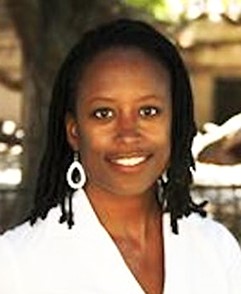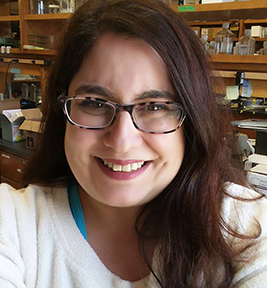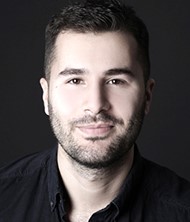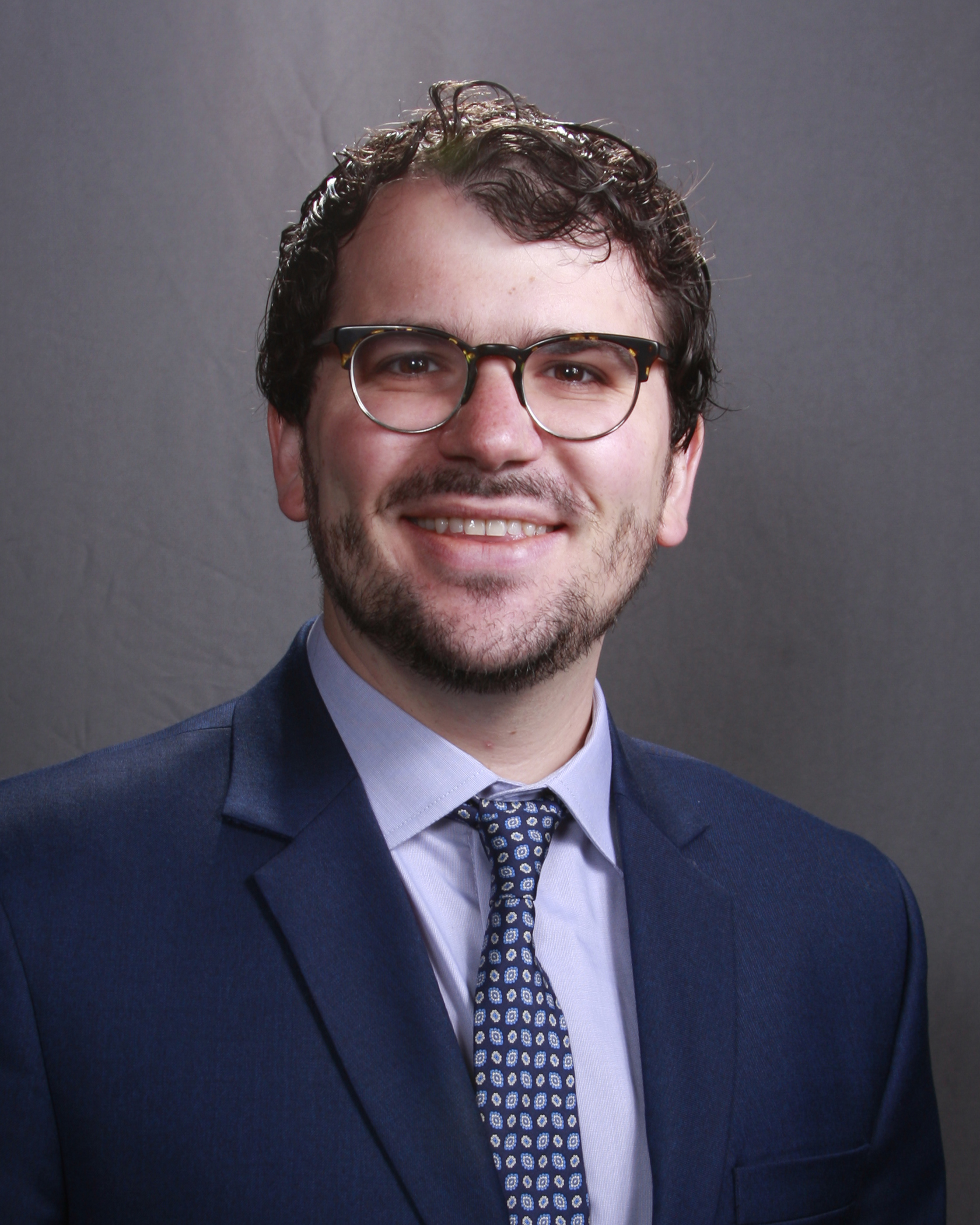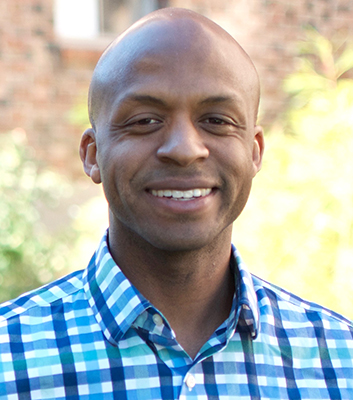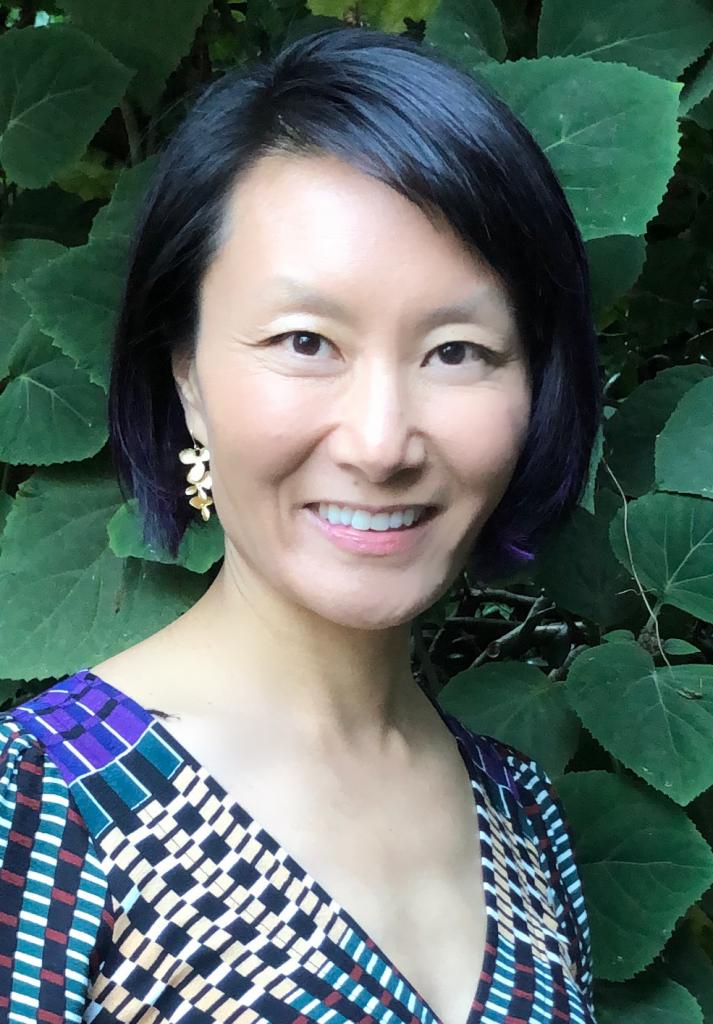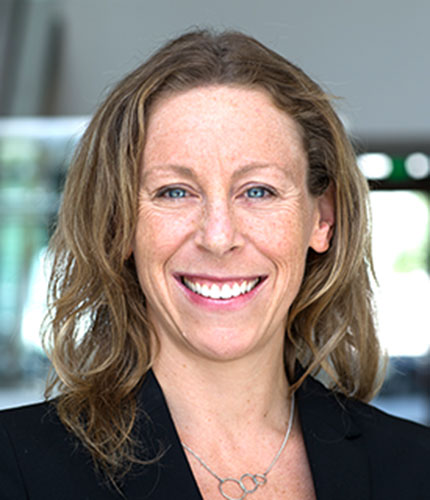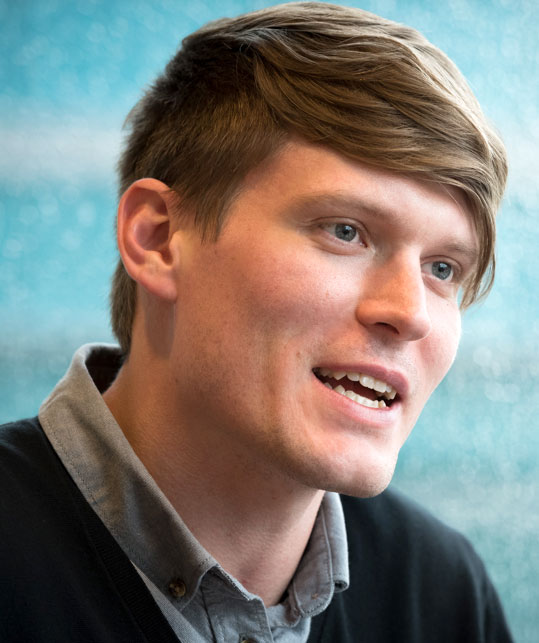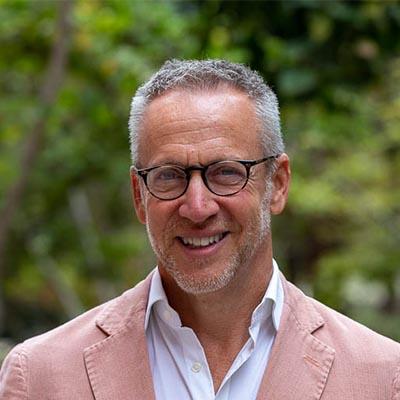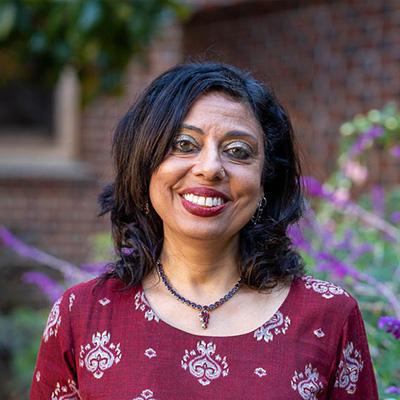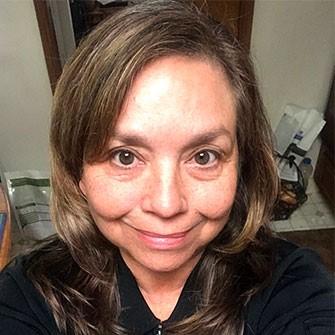About the Symposium
The Andy I. Choi Mentoring Program of the UCSF-Gladstone Center for AIDS Research offers Bay Area investigators a glimpse into the future of HIV research with a half-day symposium featuring the work of CFAR Mentoring Program participants and recipients of CFAR Developmental awards. We are thrilled to welcome Dr. Marguerita Lightfoot, Director of the UCSF Center for AIDS Prevention Studies (CAPS), to deliver the Keynote. Drs. Jonathan Fuchs and Monica Gandhi, Co-Directors of the Andy I. Choi Mentoring Program, will serve as moderators.
Drs. Paul Volberding and Warner Greene provide this venue to increase the visibility of our early career investigators at UCSF and affiliated institutions. Presentations will span a wide range of basic, clinical, epidemiologic, socio-behavioral, and translational science topics. The event also features the work of four outstanding early career investigators who will receive Excellence in Research Awards in Basic, Clinical, Translational and Behavioral Sciences.
Presentations
Dr. Marguerita Lightfoot is Co-Director of the Center for AIDS Prevention Studies (CAPS) and Director of the Technology and Information Exchange (TIE) Core. Dr. Lightfoot is a counseling psychologist whose research has included HIV prevention work in the juvenile justice system and with runaway and homeless youths in Los Angeles. One particular focus of her research with adolescents has been to adapt and utilize interactive and engaging delivery of HIV preventive activities on computers.
Dr. Cary is a post-doctoral fellow in Matija Peterlin’s laboratory at the UCSF Parnassus campus, who joined the lab soon after obtaining her PhD in Microbiology and Immunology from Boston University. Dr. Cary’s research interests are in cellular mechanisms that regulate HIV transcription, HIV latency, and inflammation. She has published work using the Chinese Traditional Medicinal herb, kansui, which reactivates latent HIV similar to purified compounds. Dr. Cary’s current research focuses on the discovery of other potential latency reactivating compounds, and understanding resting T cell biology and the role it plays in HIV latency.
William Brown III: I am an Assistant Professor of Medicine at the Center for AIDS Prevention Studies (CAPS), Center for Vulnerable Populations (CVP), and Institute for Computational Health Science (ICHS). My expertise is in both biomedical informatics and HIV clinical and behavioral research. I implement innovative clinical research informatics methods to create intelligent knowledge-based mHealth and data integration tools. My research aims to address health disparities among underserved communities (e.g., African American and Latino gay men, youth, and Transgender women) by helping to create a Learning Health System that is responsive to vulnerable populations, particularly those at risk of acquiring HIV/AIDS.
Andrea Gramatica is a postdoctoral scholar in Warner Greene’s laboratory at the Gladstone Institute of Virology and Immunology. Andrea received his PhD in Cell Biology in Germany, from the Humboldt University Berlin, where he studied the role of key cellular pathways during HIV assembly and release, and developed an innovative nanomedical system for clearance of HIV-particles by macrophages. His current research focuses on the study of HIV-1 latency reversion, ex vivo, in CD4 T cells from HIV-infected individuals on ART. Specifically, his research is dedicated to the identification and analysis of novel and non-toxic latency reversing agents that are non-toxic, prevent broad T cell activation, but are able to induce LTR transcription and virus production.
Matt Spinelli is a second-year infectious diseases fellow in the Division of HIV, ID, and Global Medicine and an HIV and PrEP provider at Ward 86. His research, under research mentors Dr. Susan Buchbinder and Dr. Monica Gandhi, examines the PrEP cascade at a time of increasing uptake in San Francisco using implementation science methods. His research focus is on disparities in PrEP uptake, PrEP persistence, and routine care delivery for PrEP users participating in primary care health systems.
Award Recipient - Excellence in Clinical Science
Hyman Scott, MD, MPH is the Clinical Research Medical Director at Bridge HIV in the San Francisco Department of Public Health (SFDPH), and an Assistant Clinical Professor of Medicine at the University of California, San Francisco (UCSF). He received his MD from Yale School of Medicine; and completed his Internal Medicine residency, Chief Residency, Infectious Disease fellowship, and post-doctoral research training in the Traineeship for AIDS Prevention Studies at UCSF.
He has a particular interest in the epidemiology of HIV-related racial/ethnic disparities among men who have sex with men (MSM), and interventions to reduce these disparities. Dr. Scott currently has a NIMH K23 award to develop and test a mobile app-based combination HIV intervention of home HIV self-testing, STI self-collection, and Pre-Exposure Prophylaxis (PrEP) uptake among young Black and Latino MSM in the San Francisco Bay Area.
Award Recipient - Excellence in Translational Science
Sulggi Lee is an Assistant Professor of Medicine in the Division of HIV, Infectious Diseases, and Global Medicine. She is the recipient of an NIH Translational Scholar K23 Award in Pharmacogenomics and Personalized Medicine entitled “A Pharmacogenomics Study of HIV Latency,” which aims to identify host genetic predictors of HIV persistence and identify key genetic predictors of host response to in vivo latency reversal agents. She is mentored by Steven Deeks (clinical translational HIV) and Deanna Kroetz (pharmacogenomics). Her research applies immunologic and genomics methods to patient-oriented cohort and interventional studies.
Sulggi is the principal investigator of a phase IV trial providing immediate antiretroviral therapy (ART) to newly diagnosed acute HIV-infected patients in San Francisco. The goal of this study is to provide rapid treatment and support to new HIV+ individuals during early infection and to better understand early immunologic responses in these individuals that may inform future HIV eradication strategies.
She is also the principal investigator of a phase I trial testing a novel HIV latency reversal agent (kansui) in HIV-infected ART-suppressed individuals, co-leading a pre-clinical non-human primate study to test the safety of kansui prior to initiating the phase I human trial this year. Her other ongoing work includes genomewide association studies evaluating host genetic predictors of biomarkers associated with immune dysfunction during treated HIV disease and gene expression analyses to assess differential in vivo host responses to anti-inflammatory (e.g., canakinumab, an IL-beta inhibitor) and/or latency reversal agents for the treatment of HIV morbidly and eradication.
Award Recipient - Excellence in Behavioral Science
Dr. Brown is an Infectious Disease fellow in the Division of HIV, ID, and Global Medicine at the Zuckerberg San Francisco General Hospital and a Post-Doctoral Fellow in the Traineeships for AIDS Prevention Studies (TAPS). Her research examines the influence of social networks on engagement in HIV care with the goal of developing novel interventions to improve treatment outcomes in resource limited settings. She is currently a co-investigator on the ongoing SEARCH study in Uganda and Kenya and sees patients in the Positive Health Program at Ward 86 and in the Infectious Diseases clinic at Zuckerberg San Francisco General Hospital.
Award Recipient - Excellence in Basic Science
Thomas Packard is a postdoctoral scholar in Warner Greene’s laboratory at the Gladstone Institute of Virology and Immunology. My research focuses on HIV pathogenesis mechanisms: specifically, the molecular pathways that are triggered during HIV infection, and how these pathways shape the immune response. I am fascinated by innate immune sensing, as these signals are critical to driving protective and pathologic immune responses. By investigating the molecular pathways involved, we can exploit these interactions to modulate the immune response, enhancing host defense while inhibiting inflammation or autoimmunity. I received my PhD in Immunology from University of Colorado SOM; where he studied B cells in autoimmunity, as well as innate immune activation driving inflammation. My current research focuses on the role of the host innate response in establishment of the latent HIV reservoir.
